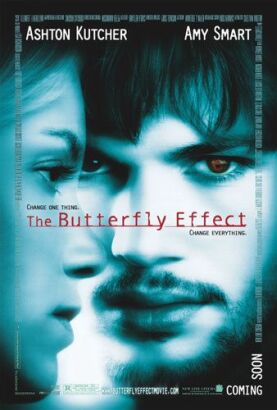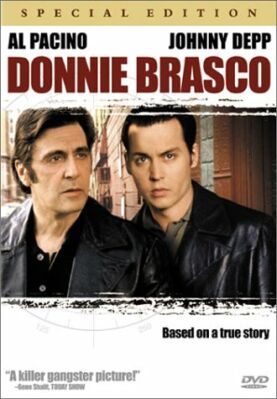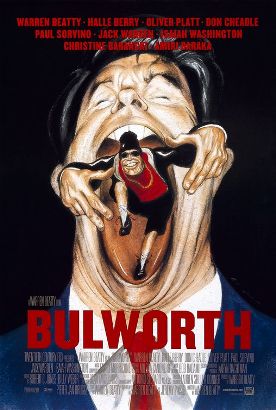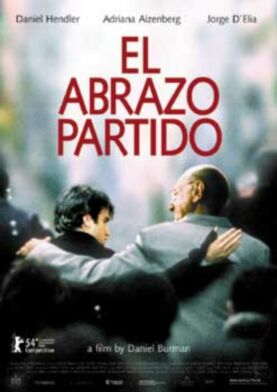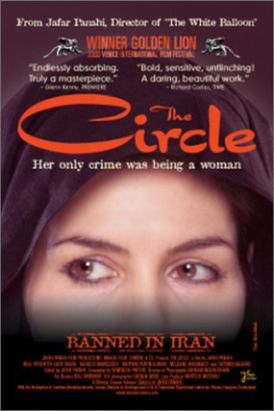Butterfly Effect, The
Over twenty years ago, I saw a wonderfully funny Czech film by the late Jindrich Polák called Tomorrow I’ll Be Scalding Myself With Tea. In it, some leftover Nazi sympathizers in the 1970s get hold of a suitcase-sized H-bomb and a time machine and decide to return to the 1940s with the former in the latter to help their hero Hitler win the war. But they set the machine to the wrong date and arrive in 1942 when German armies are everywhere triumphant, and Hitler naturally looks askance at these dubious characters offering him a desperate last resort. This and various other slip-ups make it necessary for them to return again and again to fix what went wrong the last time — and so to create new problems for the next. At one point there are two of each of them, and their today selves have to bump off their yesterday selves.
After seeing the whole concept of time-travel so comprehensively sent up, I doubt if I could ever again watch a movie that took it even as seriously Back to the Future pictures do — but certainly not one that takes it as seriously as does The Butterfly Effect by Eric Bres and J. Mackye Gruber. Even if I could, Bres and Gruber seem to have gone out of their way to make the time-traveling career of young Evan Treborn (Ashton Kutcher) as ludicrous as possible. To start with, they solve the engineering problem by simply ignoring it. There is no time machine. Mr Kutcher’s doe-eyed Evan simply looks at his boyish diaries until the words on the page start to jiggle and the next thing he knows he’s back in the past, fiddling with events only he knows the outcome of in order to make the outcomes different.
Well, I guss that’s one way of doing it. In effect they make Evan into yet another version of the ubiquitous movie superhero, but with even less of an explanation for his superpowers than usual. Not only has he the gift of time-travel, his ability to change things in the past seems equally superhuman. At one point he has to go back to childhood to prevent a the pedophile father (Eric Stoltz) of his future girlfriend from damaging her for life. This he does with a series of blood-curdling threats which simply sound ridiculous coming from a nine-year-old boy. But papa blanches and immediately promises to reform. In other cases, Even’s present-day self, supposedly a brilliant psych major in college, knows just what to do to make an unhappy childhood just exactly happy enough to produce the adult he wants.
Like the superhero conceit, this is just a bit of childish wish-fulfilment and power fantsy — an appeal to ordinary kids who like to imagine themselves as having extraordinary powers to re-shape reality to their liking.
In the superhero movies, the humor amounts to a guilty confession of such childishness. We know this isn’t real, the film-makers are saying. See? We don’t take ourselves too seriously. You might think the same is true of Butterfly Effect, since Evan has the same problem as the Nazi sympathizers in Tomorrow I’ll Be Scalding Myself With Tea. That is, every time he makes one thing better, he makes something else worse, and he has to keep going back again and again — and then suddenly, miraculously, returning to the present to see how it comes out this time. Admittedly, this was good for a few laughs, if nothing like those in Polák’s film. But I’m guessing I wasn’t supposed to be laughing.
Discover more from James Bowman
Subscribe to get the latest posts to your email.

